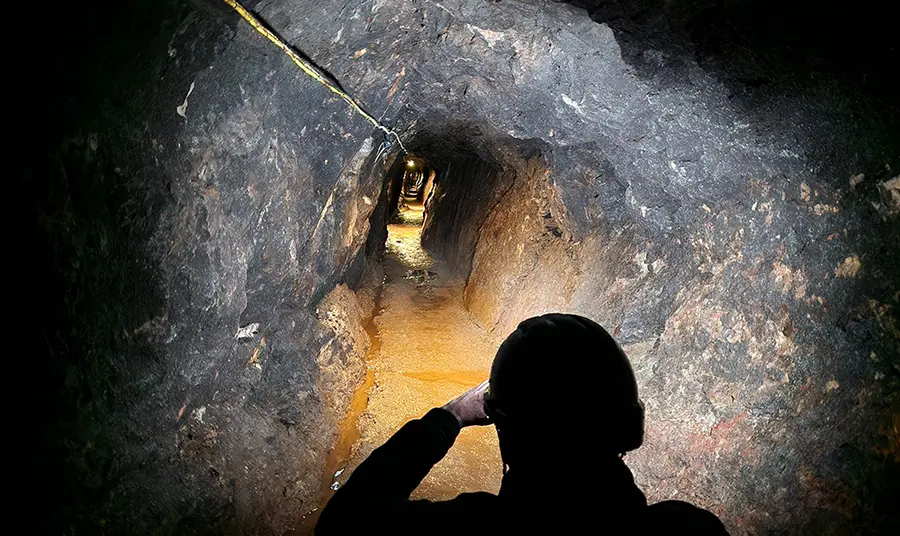
National Lottery Heritage Grants £10,000 to £250,000
Wanlockhead Museum Trust's Lead turns Gold project celebrates the 50th anniversary of this unique museum where 1,513 feet up a hill you can go more than 1,000 feet into the earth.
A journey into the historic Lochnell Mine lets visitors get a taste of the mining life that supported Wanlockhead’s population through three centuries.
The neighbouring museum tells the story of an industry, a people and a way of life. Despite living in Scotland’s highest village and working in dark, narrow mine shafts, the mining community did not let the isolation and hardship close them off from the world. The beautifully-preserved Miners' Library reveals the importance the community placed on education.
This grant supported a programme of anniversary events, new displays and literature on stories from the community. The museum has also marked the 50 year milestone by opening a new study centre and restoring miners' cottages to show how domestic life changed from the 1700s until mining ended at the site in the mid-20th century.
Jon Evans, Chair of the Museum Trust, said: “By car we're only 15 minutes or so from the M74 motorway, but Wanlockhead is still very remote. Back in the mining days the miners probably never went outside the valley.
“The founding of the library is an amazing story. They had this extremely difficult life up here in the highest village in Scotland and they had this desire to learn about the outside world. They formed a subscription library, which basically helped educate the whole of the village.”


